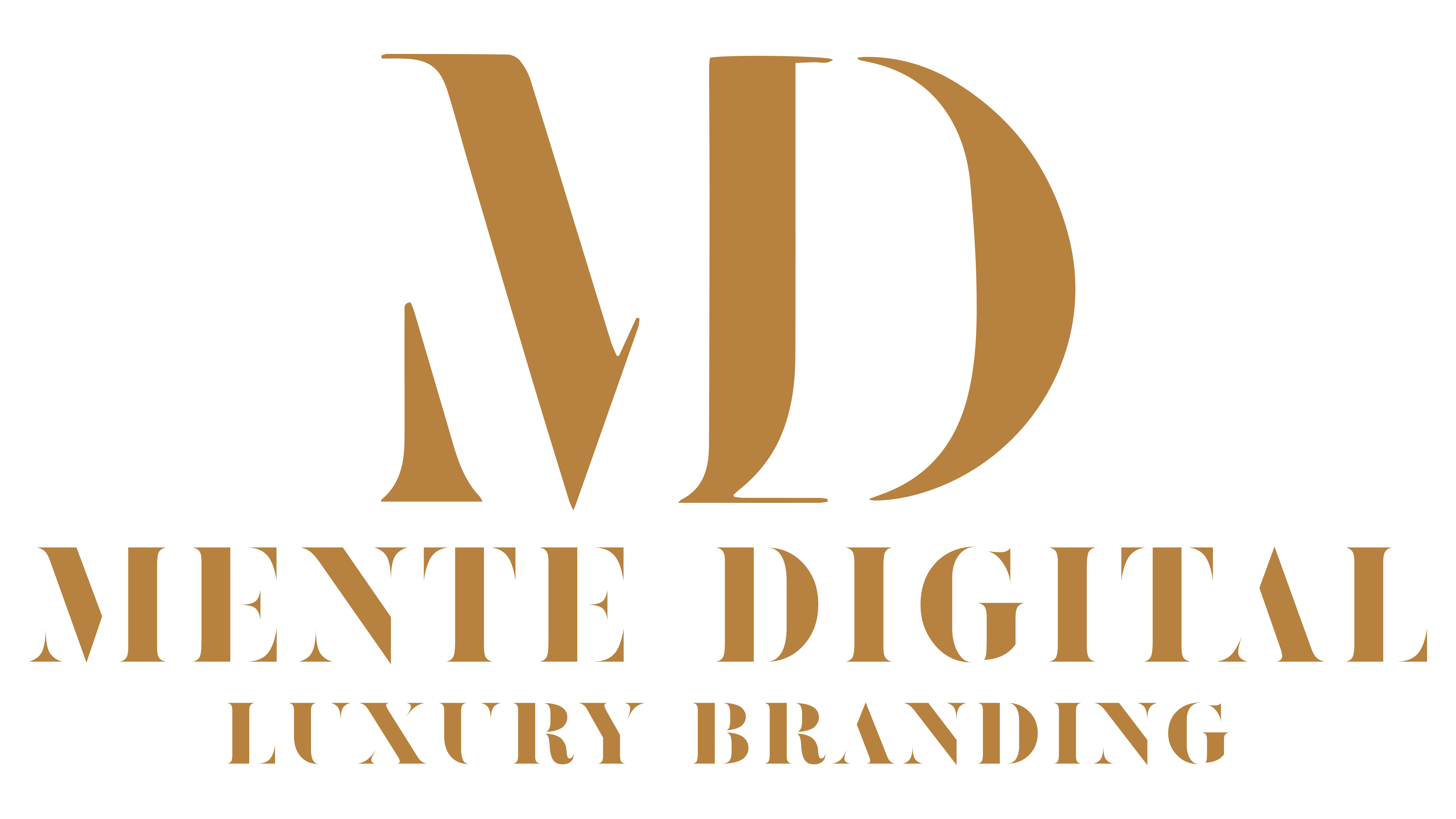Luxury Travel Marketing Trends for 2024: How High-End Brands Are Redefining Digital Strategy
The luxury travel market is undergoing a significant transformation. Today’s most discerning travelers are no longer satisfied with simple vacations — they seek tailored experiences that reflect their personal desires and aspirations. To connect with these high-end clients and drive bookings, luxury travel brands are increasingly leveraging cutting-edge digital marketing strategies.
This article showcases compelling real-world examples of how luxury travel brands are embracing these trends to elevate their marketing efforts and deliver exceptional guest experiences.
If you’re a marketing executive or decision-maker in the luxury travel sector, you can harness these insights to strengthen your brand and stay ahead of the curve.
In this in-depth analysis, we explore the top 10 digital marketing trends that are revolutionizing how luxury travel brands attract and convert their audiences in 2024:
1. Hyper-Personalization: Tailoring the Travel Experience
Wealthy consumers expect brands to cater to their individual interests by delivering personalized, data-driven experiences. This is where hyper-personalization comes in — using advanced analytics and customer data to offer bespoke routes, exclusive deals, and relevant suggestions at every touchpoint.
Example: Four Seasons Hotels & Resorts uses AI-powered chatbots to learn about guest preferences and provide personalized recommendations for restaurants, events, and local attractions — enhancing the customer journey.
2. Short-Form Video Content: Capturing Attention in Bite-Sized Moments
Short-form video is one of the hottest trends in luxury travel marketing, especially on platforms like TikTok and Instagram Reels. These formats resonate with younger, tech-savvy audiences.
Example: The Ritz-Carlton frequently shares stunning visuals, behind-the-scenes glimpses, and aspirational travel stories through short, impactful videos — perfect for generating excitement and reach.
3. Immersive Digital Experiences: Bridging Physical and Virtual Worlds
Virtual reality (VR) and augmented reality (AR) are transforming how luxury brands present their offerings. Potential guests can now "visit" destinations and accommodations before booking.
Example: Aman Resorts offers immersive virtual tours that allow travelers to explore properties from the comfort of their homes — creating realistic expectations and elevating the decision-making process.
4. Micro-Influencer Marketing: Authentic Connections with Niche Audiences
While celebrity endorsements still have value, luxury travel brands are increasingly collaborating with micro-influencers — creators with smaller but highly engaged audiences. These influencers build trust and foster deeper connections with niche travel communities, enhancing brand authenticity and loyalty.
5. Data-Driven Decision Making: Optimizing Every Marketing Move
Data is the backbone of successful marketing strategies. By investing in advanced analytics, luxury travel brands gain deep insights into customer behavior, preferences, and booking patterns. This allows them to improve customer satisfaction, personalize promotions, and refine their marketing approach for better results and higher ROI.
6. Sustainability & Social Impact: Aligning with Conscious Travelers
Today’s high-net-worth travelers are more mindful of their environmental and social impact. They seek meaningful experiences that align with their values. Brands that highlight eco-friendly practices, ethical sourcing, and community engagement initiatives can build stronger emotional connections with this audience.
7. Seamless Booking Experiences: Removing Friction from the Customer Journey
Luxury travelers expect speed and convenience when booking. Brands are optimizing mobile-first websites, deploying AI-powered chatbots, and streamlining online reservation platforms to deliver effortless experiences. A frictionless journey boosts satisfaction and conversion — and sets brands apart in a crowded market.
8. User-Generated Content (UGC): Leveraging the Power of Social Proof
UGC is a valuable asset for luxury travel brands. Encouraging guests to share their experiences on social media provides authentic content and powerful social proof. Featuring real travelers enjoying your services builds trust and relatability, boosting engagement and loyalty.
9. Voice Search Optimization: Adapting to Changing Search Behaviors
As voice assistants like Siri and Alexa become more popular, voice search optimization is critical. Brands are adapting their websites and content to align with how users speak, ensuring visibility in voice-powered queries. This is essential for reaching tech-savvy luxury travelers.
10. Metaverse Marketing: Exploring the Virtual Frontier
The metaverse offers an emerging space where people interact with digital environments and assets. Brands like Marriott Bonvoy are experimenting with virtual experiences and NFTs to engage next-gen travelers and offer unique digital ownership opportunities.
Though still in its early stages, the metaverse has the potential to transform how luxury travel brands create immersive storytelling and long-lasting customer relationships.


